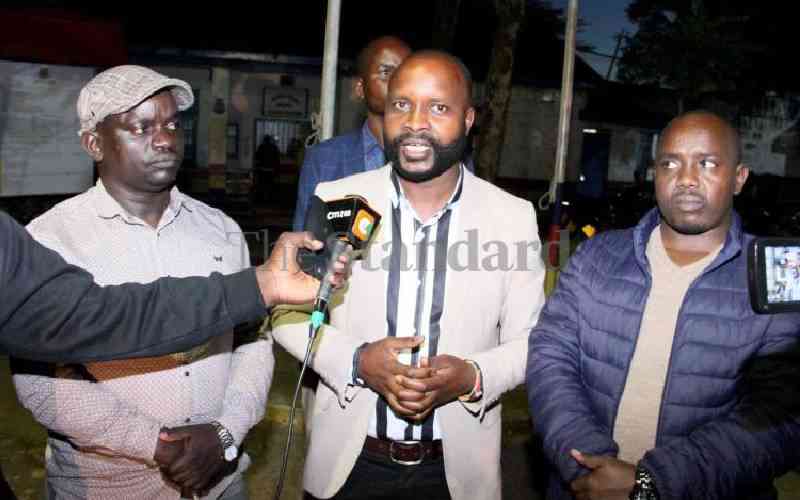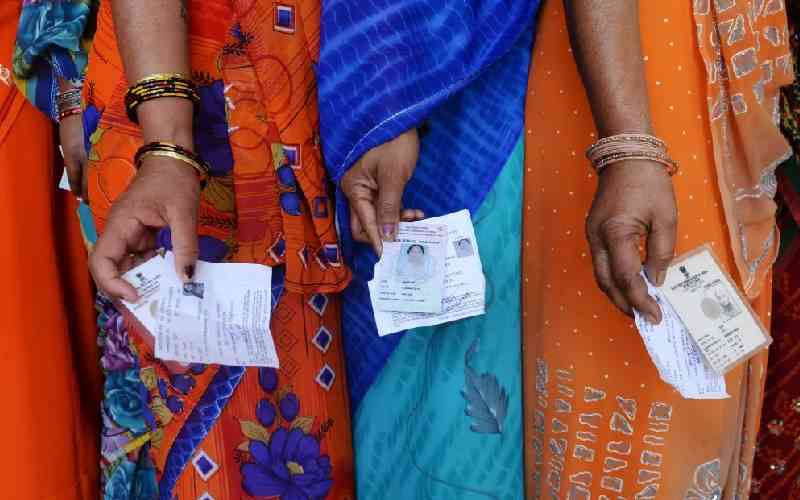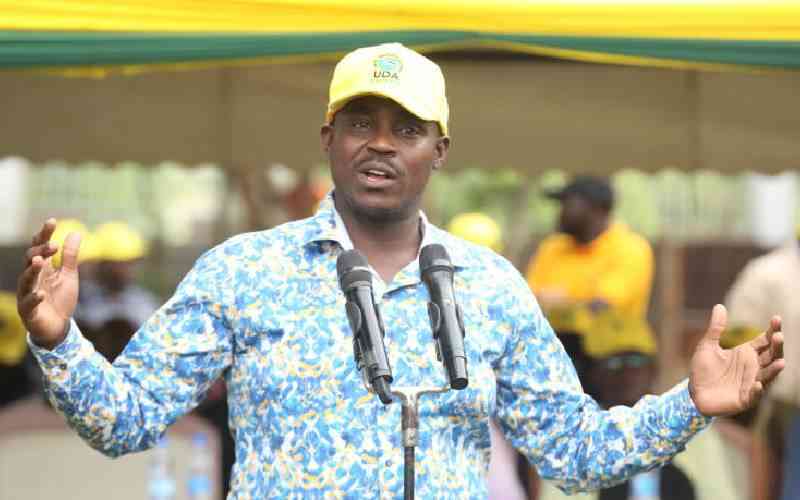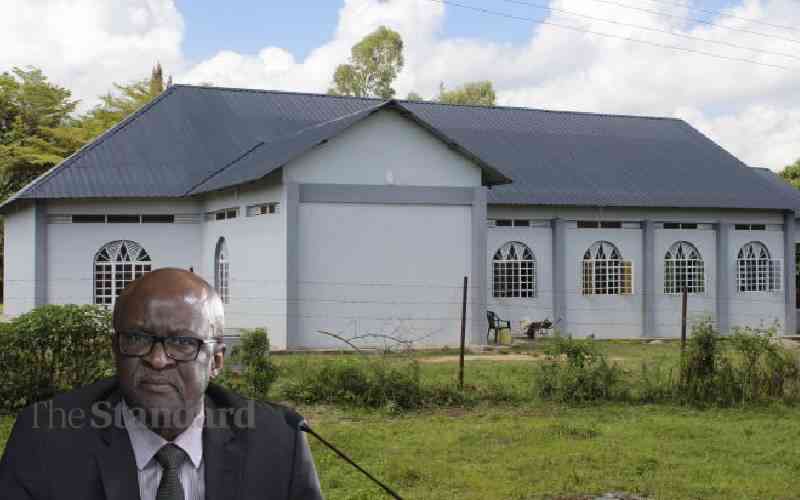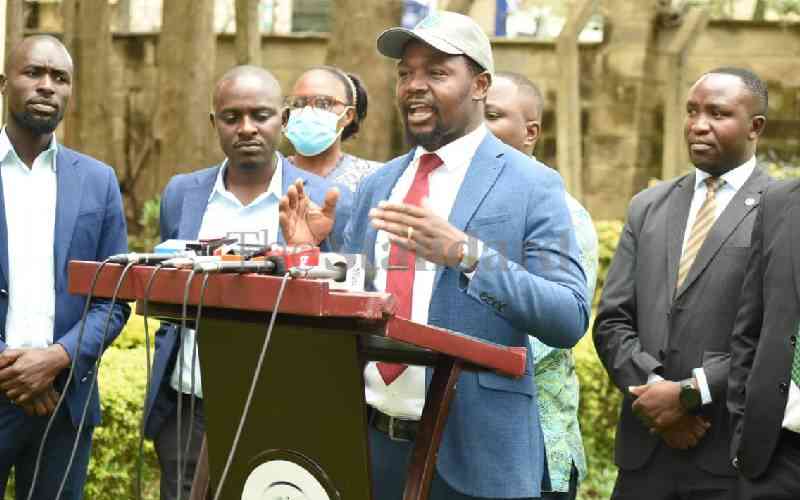BURUNDI: Burundi’s anti-government street demonstrations continued for a third day on Tuesday protesting against President Pierre Nkurunziza’s bid for a third term. This came as the United Nations said more than 20,000 Burundians have sought refugee status in Rwanda and at least 4,000 more are sheltering in Congo.
The number of Burundians crossing into Rwanda had risen sharply over the weekend, with more than 5,000 refugees entering Rwanda in two days, said Ariane Rummery, a spokeswoman in Geneva for the UN refugee agency.
Many of those fleeing to Rwanda allege pressure to support Nkurunziza and violence by the ruling party’s youth wing, known as Imbonerakure. A heavy security presence prevented groups of angry protesters from reaching the centre of Bujumbura, the capital. Police watched as demonstrators in the suburbs of Bujumbura burned tyres and erected barricades in the streets. Some threw stones at the police.
Crowds gathered early in the morning waving placards and chanting slogans accusing the president of breaking the constitution. Some blocked one road with burning tyres on the third day of sometimes violent demonstrations in Bujumbura. One protester told Reuters two people suffered gunshot wounds in the northern Cibitoke suburb, though there was no immediate confirmation, or comment on the wider protests, from the police, army or government.
Six killed
In clashes, the police have been shooting bullets, tear gas and water cannons, according to Human Rights Watch, which said in a statement that at least six people had been killed and several others wounded. The Burundi Red Cross said it had confirmed six deaths.
Burundian police on Monday arrested Pierre Claver Mbonimpa, a leading human rights activist and government critic, and also shut down an independent radio broadcaster known as RPA, said Human Rights Watch.
The ruling party said in a statement late Monday that the events unfolding in Bujumbura are “nothing short of rebellion” and accused Opposition figures of trying to make the country ungovernable.
Nkurunziza first came to power in 2005 after being voted in by lawmakers. He then ran unopposed and was re-elected in 2010. His critics say another term for him is unconstitutional. Presidential elections are scheduled for June 26 and tensions have been rising since January, with thousands of people fleeing to neighbouring countries over election violence.
Nkurunziza’s announcement on Saturday that he would run in the June elections has triggered the worst political crisis in the East African country since it emerged from civil war a decade ago.
The Government shut down or imposed restrictions on several radio stations on Monday and many people reported being unable to use the popular WhatsApp messaging service on Tuesday.
 The Standard Group Plc is a
multi-media organization with investments in media platforms spanning newspaper
print operations, television, radio broadcasting, digital and online services. The
Standard Group is recognized as a leading multi-media house in Kenya with a key
influence in matters of national and international interest.
The Standard Group Plc is a
multi-media organization with investments in media platforms spanning newspaper
print operations, television, radio broadcasting, digital and online services. The
Standard Group is recognized as a leading multi-media house in Kenya with a key
influence in matters of national and international interest.
 The Standard Group Plc is a
multi-media organization with investments in media platforms spanning newspaper
print operations, television, radio broadcasting, digital and online services. The
Standard Group is recognized as a leading multi-media house in Kenya with a key
influence in matters of national and international interest.
The Standard Group Plc is a
multi-media organization with investments in media platforms spanning newspaper
print operations, television, radio broadcasting, digital and online services. The
Standard Group is recognized as a leading multi-media house in Kenya with a key
influence in matters of national and international interest.

